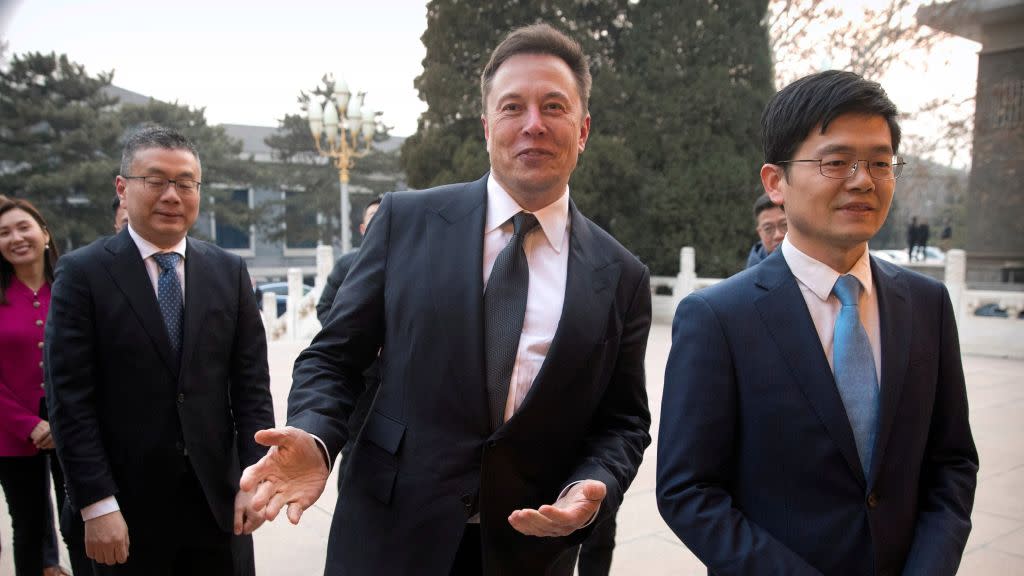Tesla’s China revenue dropped amid the trade war

Tesla is feeling the effects of the US-China trade war.
Although Tesla’s revenue nearly doubled last year compared to 2017, its revenue in China—the company’s biggest market after the US—dropped 13% to around $1.8 billion in the same period, according to the carmaker’s filing (pdf, p.137) to the US Securities and Exchange Commission yesterday (Feb. 19). It’s the second annual revenue drop in the market since Tesla entered China in 2014. The last time Tesla’s China revenue fell was in 2015, when Norway temporarily regained its position as the company’s biggest overseas market (pdf, p.104)

Last year was an eventful one for Tesla in China. When the trade war between the US and China kicked off in July, China imposed an import tax of 40% on the company, with a Tesla vehicle costing $20,000 more at one point as a result. The tax was later lowered, though Tesla cars are still subject to a15% import tax until March 1—the date when the trade-war truce ends and the US imposes new tariffs on China unless an agreement can be reached between the two sides. In October, Tesla saw its sales in China drop by as much as 70% in the region due to the country’s slowing auto market, though Tesla disputed the figure, which came from a government-affiliated car association.
Tesla declined to comment on its latest revenues in China.
All that hasn’t stopped Tesla from going full steam ahead with its first overseas Gigafactory in Shanghai, which is expected to begin manufacturing at the end of this year. The facility is the first wholly foreign-owned car plant in the country. Tesla said it wants to “increase the affordability of Model 3” by making cars in China. Including the Shanghai plant, Tesla expects its total production of Model 3 vehicles to reach 10,000 per week (pdf, p.43) between the fourth quarter of this year and early 2020, according to its filing.
Looking for more in-depth coverage? Sign up to become a member and read more in-depth coverage of China’s electric-car boom in our field guide.
Sign up for the Quartz Daily Brief, our free daily newsletter with the world’s most important and interesting news.
More stories from Quartz:

